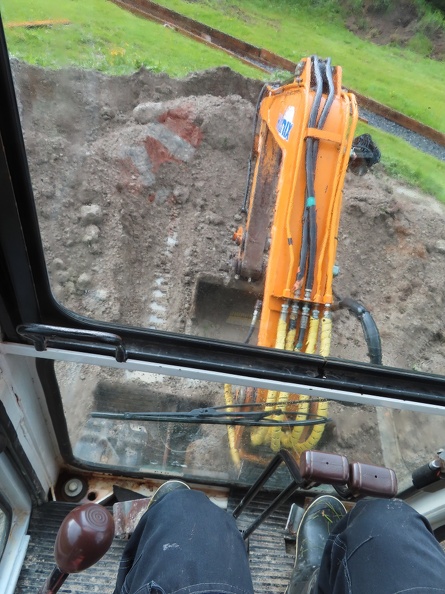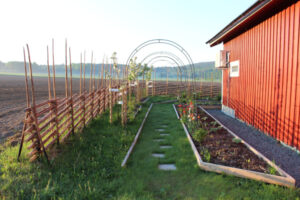Four Years In Sweden
We arrived in July 2020 so it is now our 4 year anniversary of coming to Sweden. We’ve both really glad to be here. We’ve been stretched in multiple directions and so we’ve made great progress in some areas but have a lot more to do in others. Here’s a short round-up of where we are currently at, after 4 years, “warts and all”.
Good: Enjoying Sweden
Although we work and time is limited, we feel really lucky to be here every time we go for a cycle along the coast, swim in the lakes, or walk through the forest. These things exist in the UK but in Sweden we have more time and opportunity to enjoy them.
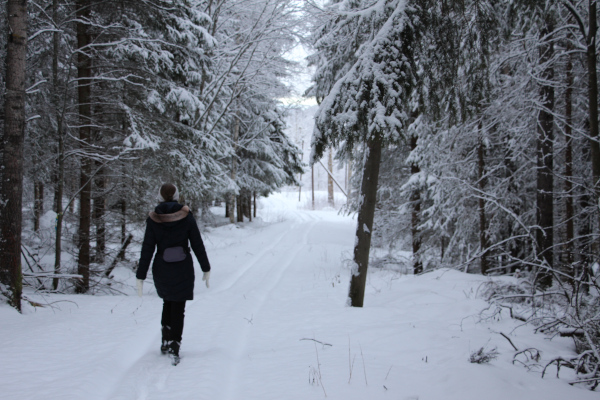
Good: Maintaining, Understanding, and Developing the House.
The house was good but needed maintenance as it had been semi-empty for some years. We’ve had some great work from local services such as plumbers but also have done lots of work ourselves.
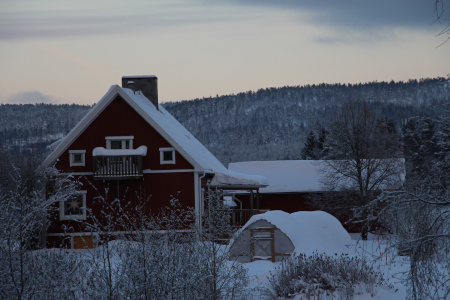
Although maintenance never ends, we’ve generally:
- finished repairs such as replacing perished vent seals or malfunctioning appliances
- addressed any legal obligations such as diseased trees near the road, and provided safe ladder access to the roof
- removed some potential hazards such as a disused heating-oil storage tank in the basement, a disused asbestos-lined chimney flue in the attic, and rusted drinking water lines.
- prioritised and started various improvement projects.
We now generally understand the house behaviours, noises, and gotchas.
Good: Building up Resilience
We’ve not gone into debt, have reduced monthly costs, and have built up a financial emergency buffer for unexpected problems. I can’t claim this was solo – our rate of progression was greatly helped by support from multiple family members back in the UK. We’ve also contributed a lot in taxes to Sweden which has made us eligible for specific support like healthcare.
A big initial project was renovating the most unusable room – an old food cellar – into a hygienic and roomy food storage facility. Even though it is a small room the amount of buffer it provides is a big stress reducer whenever there is local or wider disruption. For instance if it’s -25C in winter and a strong wind we know we can just wait out the storm for a week without any pressing need for food shopping.
We’ve got the garden producing vegetables, and we’ve got basic infrastructure such as tools, a greenhouse, propagators, and compost heaps in place. This sounds like a pleasant hobby but it seemed more important when Russia first invaded Ukraine as it wasn’t clear at the time if this was the start of an expansionist move on other boarders and if there would be escalation. If depending on produce from other countries, we’re also at the end of a long supply chain that could be fragile, so growing things locally helps reduce dependence on imports.
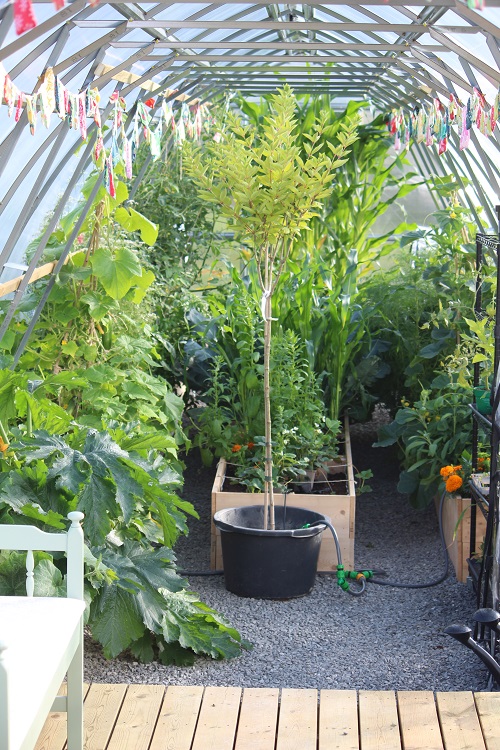
We put in a solar installation which was financially painful at first but helped blunt a lot of the risk around the energy price fluctuations that followed in 2022 with the Russian natural gas supply shutoff to Germany and the knock on effects to energy demand.
Good: Integrating into Infrastructure
We’ve now got fairly good understanding and experience with most aspects of Swedish infrastructure such as posts, tax returns, bank accounts, phone companies, internet companies and similar. If we cant handle a situation we generally know which resources to call on.

Weak Area: Language
Primary is the language skills which we need to work on. We’ve both been working for UK firms which helped our initial financial stability but reduces Swedish interaction. As an example I can visit the recycling centre (tip) and talk to the staff in Swedish about what I have to dispose of and which is the correct container to use. But I’m not yet CEFR B1 – I can understand basic communications but a more detailed or complex conversation will have me struggling. At this point it’s purely a matter of putting in hours of dedicated study to memorise more words, sentence rules, and other specifics. The work involved isn’t typically well understood by people that haven’t learnt a new language as an adult.
Weak Area: Local Professional Network
Secondly skills exchange is a big part of trade networking in the rural environment. We have modern specialist urban skillsets that are not easily understood in a rural setting. I’ve some thoughts on home to tackle this but it is not immediate and will take effort over time. To help diversify my skills I’ve been developing a carpentry workshop in the basement and am hoping to put a tiny metalworking area in the garage. In a slightly less subtle measure we’re also going to be brewing beer and looking for volunteers.
